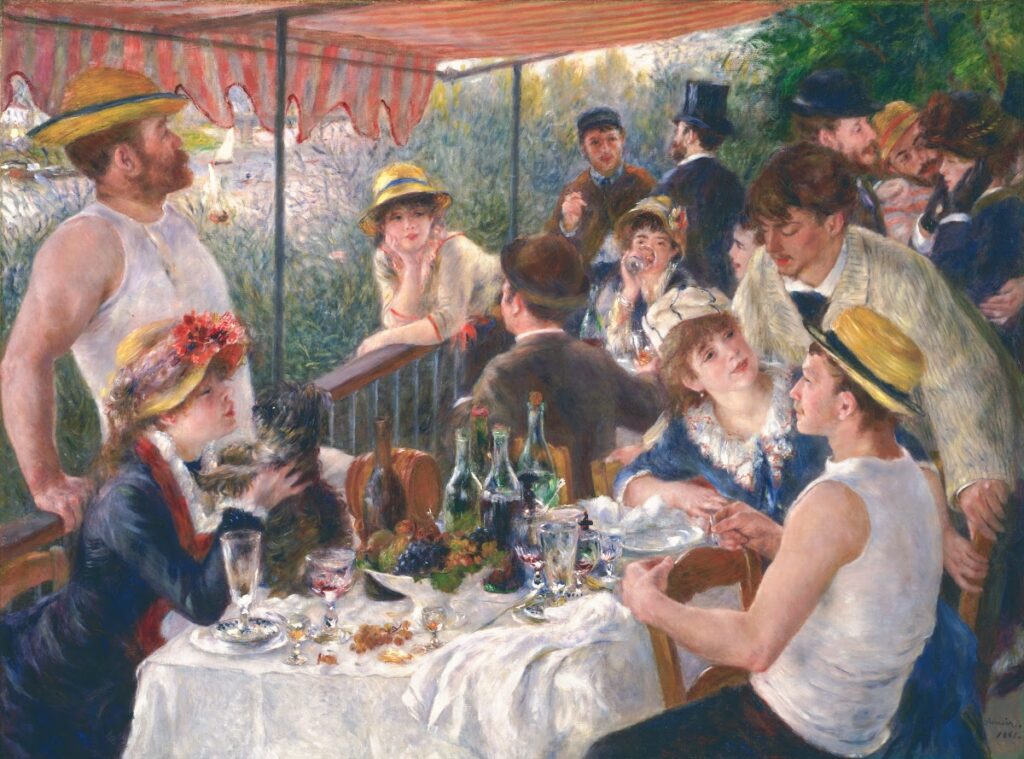Note: If you wish to receive, via e-mail, (1) my weekly newsletter or (2) daily copies of these posts, notify me at [email protected] and indicate which you would like. I promise not to share it with anyone.
Wednesday
Julia and I are in the second week of an immensely nourishing tour of friends scattered throughout the east coast, from Ohio to Pennsylvania to Maryland to Washington, D.C. We started in Cincinnati with our best friends from our graduate school days, moved on to more recent friends in Mechanicsburg PA, and are currently in West Chester PA with colleagues from our St. Mary’s College of MD days, and will be joining up with both active and retired former colleagues in St. Mary’s County MD; with members of a former film group in St. Mary’s County; with a former Carleton roommate in Greenbelt Md; and with our son and his family in D.C. Each of these friends is so integrally bound up in our lives, helping determine who we have become, that my heart fills with gratitude as I think about them.
In Nicomachean Ethics Aristotle writes that there are three different kinds of friendship: utility-based, pleasure-based, and character-based. With some people we value their usefulness to us, with some the pleasure we take in their company, with some their good character. While pleasure is undoubtedly a component in the friends we are meeting on this trip, the friendships all fall within the third category, which for Aristotle is the highest. Also known as friendships of virtue, they are those relationships that develop over time and that are made up of people “who are good and alike in virtue; for each alike wishes well to each other… they are good in themselves.”
Aristotle would see our trip as important because he believes that friendships must be maintained by activity, just as muscle tone must be maintained by exercise. The philosopher observes, “If… the absence be prolonged, it seems to cause the friendly feeling itself to be forgotten.”
As so often when it comes to important relationships, Kahlil Gibran has important insights into the nature of friendship. Here is his poem in The Prophet:
And a youth said, Speak to us of Friendship.
And he answered, saying:
Your friend is your needs answered.
He is your field which you sow with love and reap with thanksgiving.
And he is your board and your fireside.
For you come to him with your hunger, and you seek him for peace.When your friend speaks his mind you fear not the “nay” in your own mind, nor do you withhold the “ay.”
And when he is silent your heart ceases not to listen to his heart;
For without words, in friendship, all thoughts, all desires, all expectations are born and shared, with joy that is unacclaimed.
When you part from your friend, you grieve not;
For that which you love most in him may be clearer in his absence, as the mountain to the climber is clearer from the plain.
And let there be no purpose in friendship save the deepening of the spirit.
For love that seeks aught but the disclosure of its own mystery is not love but a net cast forth: and only the unprofitable is caught.And let your best be for your friend.
If he must know the ebb of your tide, let him know its flood also.
For what is your friend that you should seek him with hours to kill?
Seek him always with hours to live.
For it is his to fill your need but not your emptiness.
And in the sweetness of friendship let there be laughter, and sharing of pleasures.
For in the dew of little things the heart finds its morning and is refreshed.
Gibran is echoing what Aristotle says of friendships of virtue when he writes, “Let there be no purpose in friendship save the deepening of the spirit.” Utility and pleasure are all very well—Aristotle doesn’t dismiss them, seeing them as having an important role to play—but the friendships to be prized above all are those in which the heart finds its morning and is refreshed.
